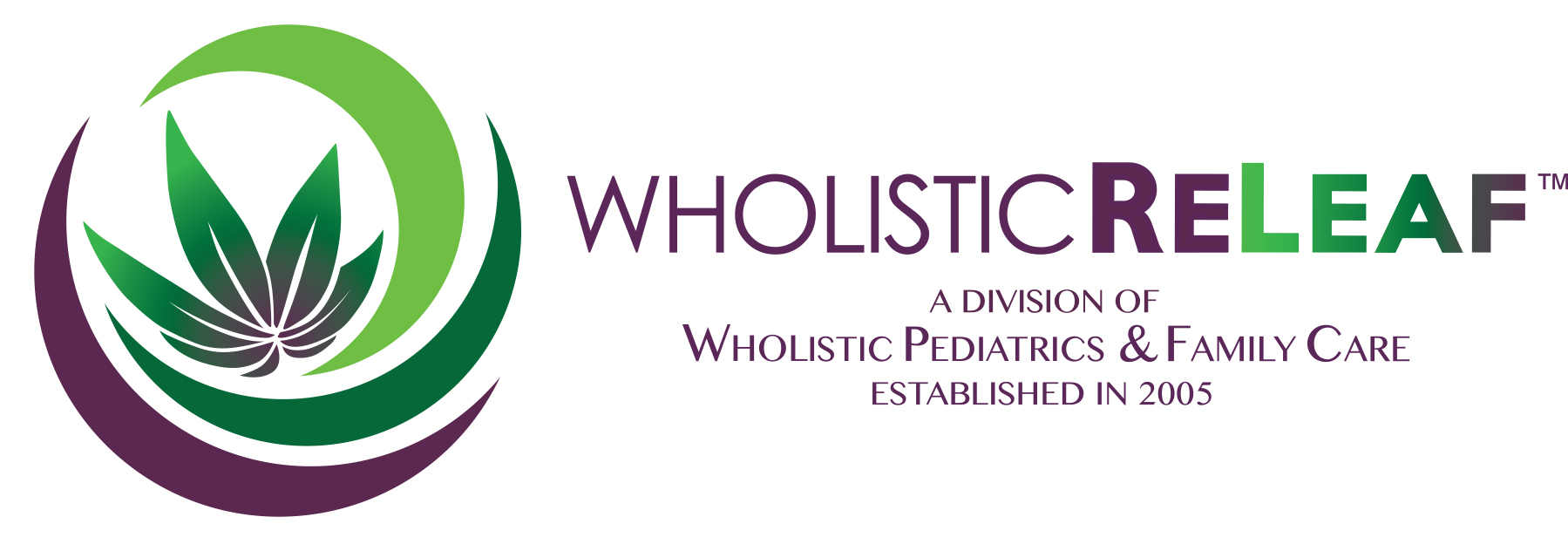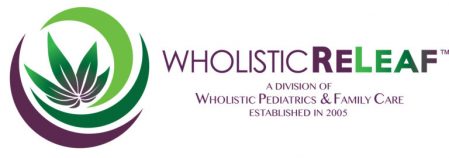Medical Marijuana And Qualifying Treatments
Understanding Marijuana Guidelines and Laws
Medical marijuana, also known as medical cannabis, refers to derivatives of the Cannabis sativa plant used to alleviate symptoms associated with certain medical conditions. While U.S. federal law prohibits the use of marijuana and its derivatives, several states, including Florida, have legalized its medical use for conditions such as pain and nausea.
Cannabis sativa contains various active compounds, with delta-9 tetrahydrocannabinol (THC) and cannabidiol (CBD) being the most well-known. THC is the primary psychoactive component responsible for the “high” associated with marijuana.
Regarding its legality in the U.S., federal law prohibits the use of Cannabis sativa or its derivatives for any purpose. However, CBD derived from the hemp plant, containing less than 0.3% THC, is legal under federal law.
Despite state laws allowing medical marijuana use, federal regulations take precedence, which means individuals may still face legal consequences even in cities like Tampa, FL, where it is legal.
The appropriateness of medical marijuana usage depends on the specific condition. Studies suggest potential benefits for various medical conditions.
However, qualifying conditions and regulations vary among states. If considering medical marijuana, it’s important to review your state’s guidelines.
Conditions that may qualify for treatment with medical marijuana include Alzheimer’s disease, amyotrophic lateral sclerosis (ALS), HIV/AIDS, Crohn’s disease, epilepsy and seizures, glaucoma, multiple sclerosis, severe and chronic pain, and severe nausea or vomiting caused by cancer treatment.
As for safety, further research is needed, but potential side effects of medical marijuana may include increased heart rate, dizziness, impaired concentration and memory, slower reaction times, negative drug interactions, increased risk of heart attack and stroke, increased appetite, potential for addiction, hallucinations, mental illness, and withdrawal symptoms.
However, some medical marijuana products are designed to provide symptom relief without the intoxicating effects associated with recreational use.
While the U.S. Food and Drug Administration (FDA) has not approved cannabis as a treatment for any medical condition, it has approved certain cannabinoids such as cannabidiol (Epidiolex) and dronabinol (Marinol, Syndros).
Cannabidiol is used for severe forms of epilepsy, while dronabinol is used for nausea and vomiting caused by cancer chemotherapy and for anorexia associated with weight loss in people with AIDS.
Medical marijuana is available in various forms, including pills, liquids, oils, powders, and dried leaves.
The method of purchase and administration varies by state, including Florida and the frequency of usage depends on the form and individual symptoms.
The onset of effects also differs, with inhalation of vaporized forms providing quicker relief and pill forms having a slower onset.
Contact Wholistic ReLeaf
Email: info@WholisticReLeaf.com
Phone
- Non-Urgent Calls: (813) 603-4425, will be returned within two business days
- Emergency Calls: Dial 911 or contact the patient’s primary care physician or specialist
Wholistic ReLeaf Office Hours
Monday – Friday: 8:00 AM – 4:00 PM
Closed for lunch: 12:00 PM – 12:30 PM
Saturday-Sunday: Closed

